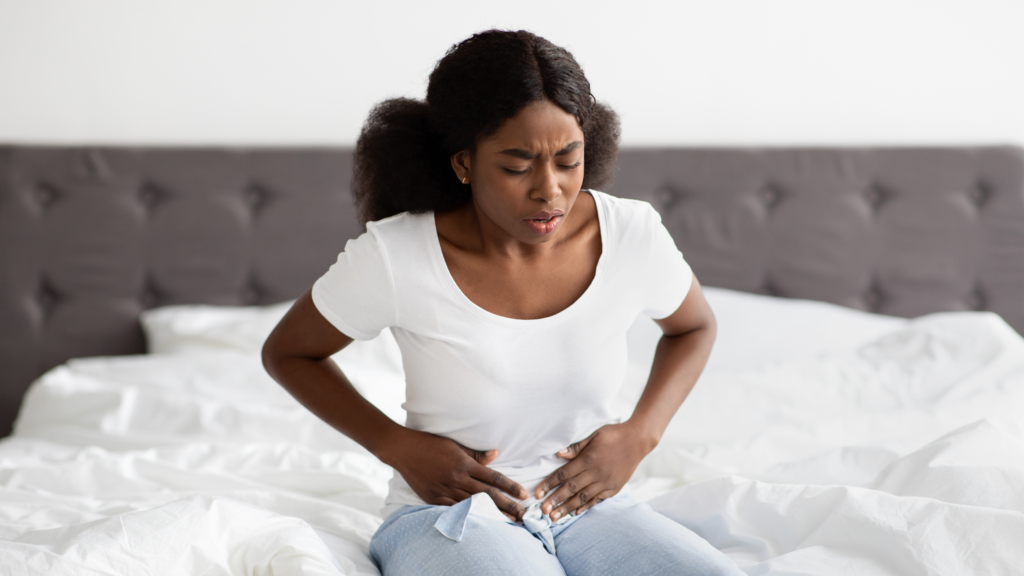
March is Endometriosis Awareness Month, and with 1 in 10 women of reproductive age living with this disease, it’s important that we all take the time to learn as much about endometriosis as possible. Endometriosis can be a painful and debilitating condition for so many people, but understanding what it is, how it affects you or your loved ones, and how to get help for endometriosis are key steps towards better management of symptoms. In honor of Endometriosis Awareness Month this March 2021, let’s explore everything we need to know about endometriosis– from its causes and symptoms to tips for managing them.
What is endometriosis and how does it affect women’s health?
Endometriosis is a common and painful disorder that affects women of childbearing age. According to the Endometriosis Foundation of America, endometriosis affects an estimated 176 million women worldwide. In the United States, it is estimated that endometriosis affects more than 5 million women.
Endometriosis occurs when the tissue that lines the uterus (endometrium) grows outside of the uterus. This displaced endometrial tissue can attach to the ovaries, fallopian tubes, outer surface of the uterus, intestines, or other areas in the pelvis. The misplaced endometrial tissue continues to act as it normally would—thickening, breaking down, and bleeding—but because this tissue has no way to exit the body, it becomes trapped. Surrounding tissue can become irritated, eventually developing scar tissue and adhesions.
Symptoms of endometriosis and when to see a doctor.
Endometriosis is a chronic disorder that can cause pelvic pain, painful periods, pain with intercourse, infertility, and other symptoms. There is no cure for endometriosis, but there are treatments that can help manage the symptoms.
If you think you may have endometriosis, contact us. We can perform a physical exam and order tests to confirm the diagnosis. Treatment options include medication and surgery.
How is endometriosis diagnosed and treated?
Endometriosis is often diagnosed through a pelvic exam, medical history, and imaging tests. Treatment will depend on the severity of the condition and may include medications like NSAIDs, hormonal therapy, or surgery to remove affected tissue. Endometriosis can also be treated with lifestyle changes such as exercise and dietary modifications.
It’s important to remember that treatment for endometriosis may not provide a cure but it can help manage symptoms and improve quality of life. It’s also important to talk to your doctor about any concerns you have regarding treatments available for endometriosis.
What can I do during Endometriosis Awareness Month?
Endometriosis Awareness Month is an opportunity to educate yourself and others about endometriosis. Here are some ways you can get involved:
• Educate yourself – Learn more about endometriosis and how it affects women.
• Reach out to a friend or family member who may be struggling with endometriosis – Offer your support and let them know they’re not alone.
• Engage in conversations on social media using the hashtag “EndoAwarenessMonth” – Share your story and help raise awareness of this common disorder.
• Donate to organizations that support women living with endometriosis – Help organizations like the Endometriosis Foundation of America continue the work they do for those suffering from endometriosis.
• Spread the word – Share this blog post and help spread awareness of endometriosis during Endometriosis Awareness Month.
Endometriosis affects millions of women worldwide, so let’s all come together to support those affected by this condition and raise awareness about endometriosis. Together, we can make a difference!
The Endometriosis Foundation of America website contains good awareness information. Endometriosis Awareness Month is an opportunity to learn more about this common disorder and how it affects women’s lives. Spread the word and help raise awareness about endometriosis.
Schedule an appointment today to see one of our Ob/gyn doctor in manhattan.
Endometrial Biopsy: Discover the reason behind your abnormal menstrual bleeding
